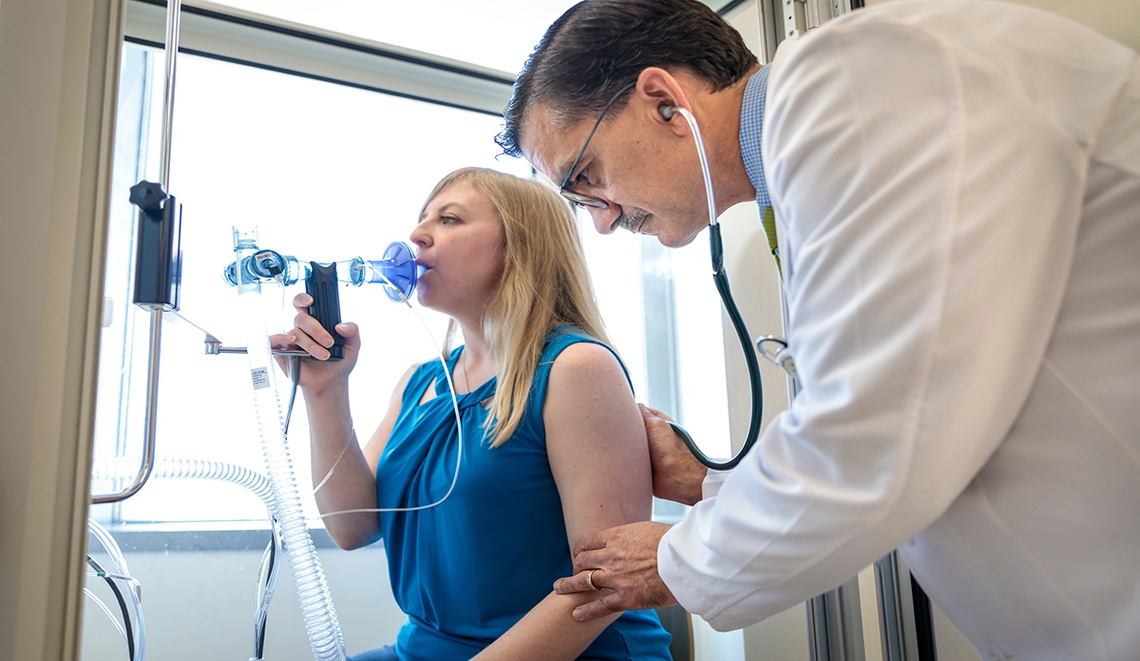

Have you ever observed how two people with seemingly identical symptoms of asthma can react quite differently to the same treatment?
The answer may be in our DNA—genetic research is changing how asthma is treated and asthma trials in Houston are helping bring these new treatments to patients.
Did you know twin studies show asthma is highly genetic? Identical twins have about a 74% chance of both getting asthma, while fraternal twins have only 35%. This means genes strongly affect who gets asthma and how bad it can be. A big study of 153,763 people with asthma and 1.6 million without it found 179 gene spots tied to asthma—49 were new discoveries.
By looking at these genetic markers, researchers can better predict who could get asthma, create treatments that fit each person and find better ways to treat the disease. It’s opening doors to more personalized approaches to managing the disease.
Asthma isn’t the same for everyone. Its causes and how severe it gets differ from person to person. Variations in genes like ORMDL3, CDHR3 and CYSLTR2 can affect how the airways respond to things like pollution or allergens. For instance:
These genetic insights help explain why some Houston residents may suffer more from smog or seasonal allergens than others.
Houston sits at the peak of environmental exposure—like ozone, pollen and petrochemical emissions with high asthma rates. By involving local volunteers in genetic-based asthma trials, Houston can:
Read Article: Explore Advanced Asthma Research Trials
Here in Houston, the combination of humidity, car exhaust with industrial pollution creates the perfect trigger for asthma. For people with certain genetic sensitivities, these everyday exposures don’t just cause symptoms - they can lead to frightening, severe attacks that hit harder than elsewhere.
Full Article: Houston Weather & Asthma: Impact & Clinical Trials
When local patients share their DNA and health data:
With diverse ancestry in Houston, the city is a perfect setting to expand representation in genetic trials—ensuring everyone benefits from medical advances.
Clinical trials in Houston are already tapping into this genetic revolution.
Genetic research isn’t just for labs—it’s powered by real people who step forward. By volunteering for studies that collect genetic data and health info, Houston residents can:
At platforms like Biopharma Informatic, you’ll find a bridge between volunteers, researchers, and trial sponsors. The site offers:
Imagine a future:
That future is already unfolding—and it needs your help.
Asthma treatment is advancing due to genetic research—and Houston patients can help lead the way. By participating in studies or sharing health data, you directly contribute to developing personalized asthma care.
Hence, science is evolving. The treatments are getting smarter. Your genes could help answer some of medicine’s toughest trials—right here in Houston.
Explore volunteering options at Biopharma Informatic today—you might just help people breathe easier tomorrow. Also, if you want to look into online clinical research courses to thrive in the field of clinical research, visit Biopharma Institute.